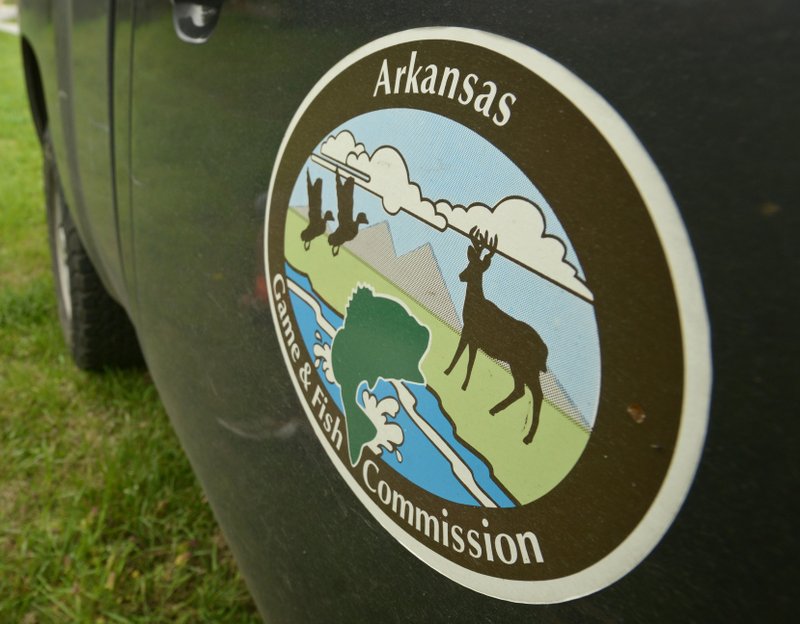An alligator sighted near Sherwood has likely been there for some time, officials said Tuesday.
The Pulaski County sheriff’s office reported the alligator, which was spotted off U.S. 67 near Warden Road, in a Twitter post on Monday.
The Arkansas Game & Fish Commission, however, was first contacted about the alligator around August and has been monitoring it since, according to commission spokesman Keith Stephens.
The agency hasn’t received any nuisance calls regarding the animal, and officials don’t plan to take any action regarding the gator unless it starts approaching people or pets, he said.
“Right now it’s just kind of a sit back and let it stay where it’s supposed to stay,” Stephens said.
According to the spokesman, the alligator’s current home is a “pretty wild place,” a safe distance from human habitation. The commission predicts the alligator will likely move to deeper, warmer waters as temperatures drop in the coming months.
Typically, the state’s alligator population lives south of Little Rock. However, the spokesman said heavy rains and flooding over the past year might have brought the alligator into the area.
Robin Breaux, director of the Sherwood Animal Control Department, said the gator could have been living in the swampy area for years. The animals have resided in Arkansas for millennia, she said, citing a 2013 post by the Game & Fish Commission.
Over-hunting between the 1860s and 1960s due to the leather trade nearly wiped out alligators in Arkansas, but the commission brought roughly 2,800 Louisiana alligators over a period of roughly a decade to the south part of the state starting in about 1975, according to the agency.
Nowadays, alligators are doing much better in Arkansas.
“We’ve got a pretty good healthy population,” Stephens said.
Breaux agreed the alligator is unlikely to be a danger to anyone unless someone brings pets close or troubles its home.
“I wouldn’t think anyone would swim in the swamp,” she said. “It doesn’t look like a place where anyone would want to go swimming.”
If the alligator does become a problem, though, the commission said it would have to capture and relocate the animal.
Stephens asked that people leave the alligator alone, and not to feed it. “That’s when we start running into problems,” he said. “When people try to make them a pet.”
That’s when the alligators start to see humans as a food resource and lose their fear of people.
“Once they lose that fear there’s really nothing you can do,” he said. “You just have to put them down, because they’ll never get over that.”
